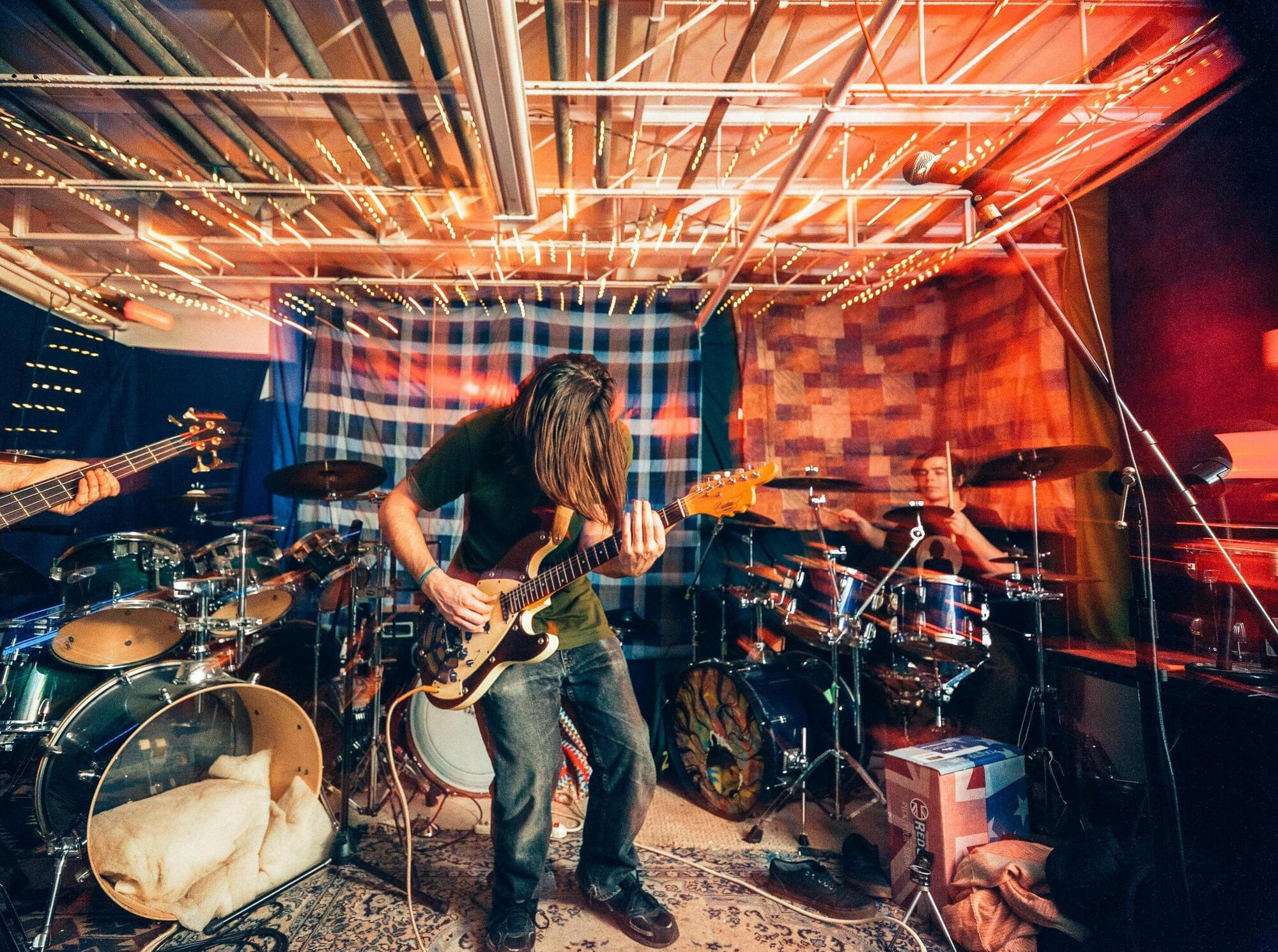Imagine staring at a black hole… and realizing it might actually be a doorway. Scientists now think some black holes could be wormholes — real portals through space and time. The craziest part? They look so much like black holes that we might have been seeing them for years without knowing it. If that’s true, they could lead to faraway parts of the universe… or somewhere even stranger. In this video, we’ll explore what that means, the science behind it, and the mind-bending possibilities it opens up. Get ready — space just got a whole lot weirder.
Animation is created by Bright Side.
Music from TheSoul Sound: https://thesoul-sound.com/
Check our Bright Side podcast on Spotify and leave a positive review! https://open.spotify.com/show/0hUkPxD… to Bright Side: https://goo.gl/rQTJZz.
Our Social Media: Facebook: / brightplanet Instagram:
/ brightside.official TikTok: https://www.tiktok.com/@brightside.of… Stock materials (photos, footages and other): https://www.depositphotos.com https://www.shutterstock.com https://www.eastnews.ru.
For more videos and articles visit: http://www.brightside.me.



